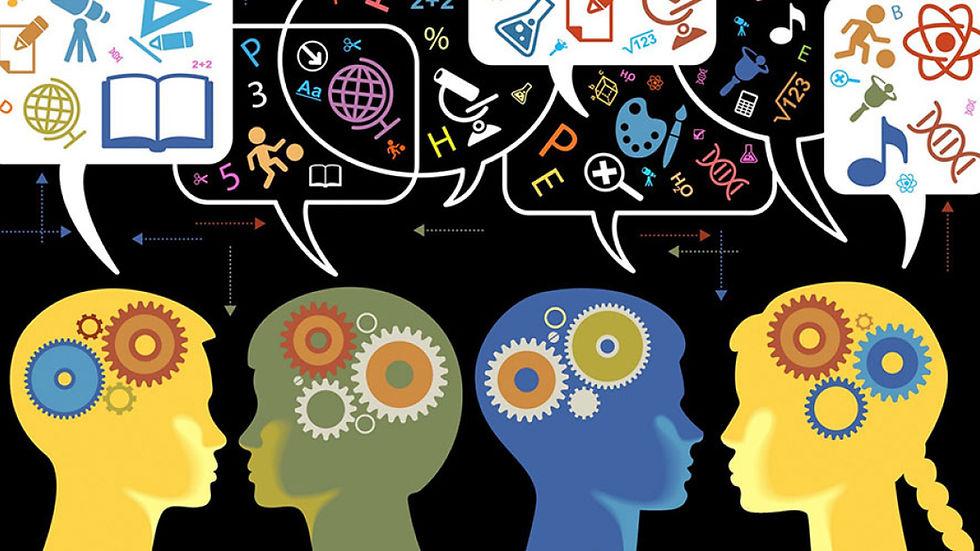Teachers are sold 'snake oil' about brains and learning
- Joanne Jacobs

- Sep 19, 2025
- 2 min read
High expectations are a good thing, writes Brian Huskie. But this video, shown to teachers at his school, claims that a teacher's expectations of students can raise their IQ. That's "snake oil."
"We don’t know how to raise IQ," he writes. "It probably can’t be done." Furthermore, "it is almost impossible to measure teacher effects on student standardized test scores," and it's not credible that researchers measured the teacher’s subjective feelings, isolated that from everything else and measured the effect on IQ scores. "This is pseudo science, and it’s frustrating how quickly teachers and administrators are willing to accept it as true," he writes.
Education Week's Sarah D. Sparks writes about the top 5 myths about learning that most elementary teachers around the world believe.

"Multiple intelligences" -- students have a "dominant" intelligence that may be mathematical, verbal, spatial, etc. -- is very popular. But "brain development and activity is fairly consistent across individuals," writes Sparks.
It's often conflated with the idea that teachers should provide lessons targeted to students' different "learning styles," such as "visual, auditory, or kinesthetic." However, trying to match instruction and activities by individual learning styles "has not been found to improve student performance," researchers say. Well-structured lessons in the "style" appropriate to the subject matter are more effective.
I was interested to learn that people aren't "right-brained" or "left-brained." That's based on early studies of epilepsy patients, but did not hold up in later studies of people with healthy brains, writes Sparks. "Personality characteristics, such as creativity, intuitiveness, or rationality, are not associated with a particular brain hemisphere."
Teachers often believe that "highly stimulating environments improve the brains of young children," she reports. That research -- on college students listening to a Mozart sonata -- has nothing to do with long-term performance or intelligence. Later studies have not found that music or other “stimulating environments” improved infants’ or young children’s brain development.
Finally, there's no evidence that brief coordination exercises such as touching your right ankle with your left hand, improve brain function, Sparks writes. "Regular physical activity supports cognition by improving overall health, and reducing stress, but 'coordination exercises' in particular are intended to improve learning by 'improving integration of left and right hemispheric brain function'." This is "part of the debunked 'left brain/right brain' framework." It doesn't work.
Here's Ed Week's quiz on claims about learning and the brain.



It certainly is very strange that the same teachers with "Science is Real" signs in their front yards believe the wholly debunked "multiple intelligences" and "learning styles" nonsense.